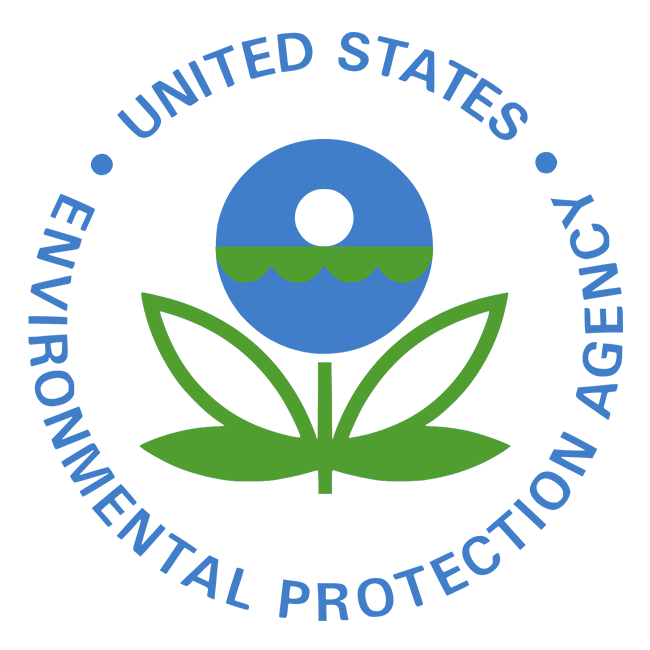Southeast Coastal Georgia
Activated Carbon Feedstocks
Clean waste-to-energy projects capture carbon from a vaiety of feedstocks.
Activated Carbon from Lignin Waste
(from paper, rayon and superwood production)
A 2016 study found that lignin provides a coconut-like activated carbon structure that is two to three times more valuable than activated carbon from wood. Like coconut, lignin has tighter graphitic platelet spacings to remove more small molecules from drinking water. Activated carbon from lignin is softer than from coconut shells, which allows it to be used as a powder for faster absorption of contaminants, with less water-leaching ash than other powdered-activated carbons.
Step 1: Recent advances in removal of lignin from wastewater
Step 2: Produce char at low-temperature (240° to 310°C).
Step 3: Activate with 800° to 950°C 15-psi steam to add pores.
Activated Carbon from Pecan and Peanut Shells
(seasonally available)
Activated Carbon from PET Plastic Bottle Waste
Filtering pollution from water using Activated Carbon from PET bottles.
Environmentally-Enabled Input-Output (EEIO) Tools
The US EPA and Georgia Economic Development are partnering with southeast Georgia communities to create website tools for weighing environmental impacts and attracting new businesses.
model.georgia.org
Markets for Activated Carbon
Water Purification
Carbon used in beds and filters to remove contaminants from drinking and wastewater. Market: > $1B global and > $350M domestic U.S. market, projected to grow by more than 50% in next 5 yearsEmission Controls
Carbon injected into emissions or used in vessels to remove air pollutants and odors. Market: > $1B global and > $350M domestic U.S. market, projected to grow by more than 100% in next 5 yearsAgricultural Applications
Carbon used in animal feed to remove toxins and soil to increase water and nutrient retention and improve crop yields. Market: Emerging application with potential for > $5B domestic U.S. marketSupply Chain
Input and Output per Dollar Spent - Based on 2017 BEA and EPA data displayed for the top industries in 2021.
In the ranked "Commodities" column below, click the yellow menu to choose multiple impact areas, or choose an impact set above.
Move sliders to emulate the effects of changes to production levels per dollar spent.
Data source: U.S. Bureau of Economic Analysis commodities combined with EPA indicators. - About Widgets






